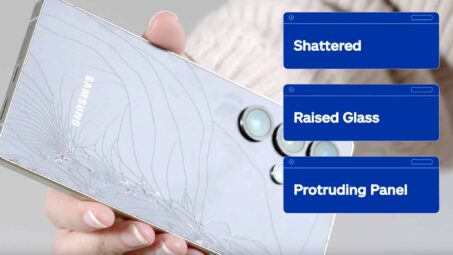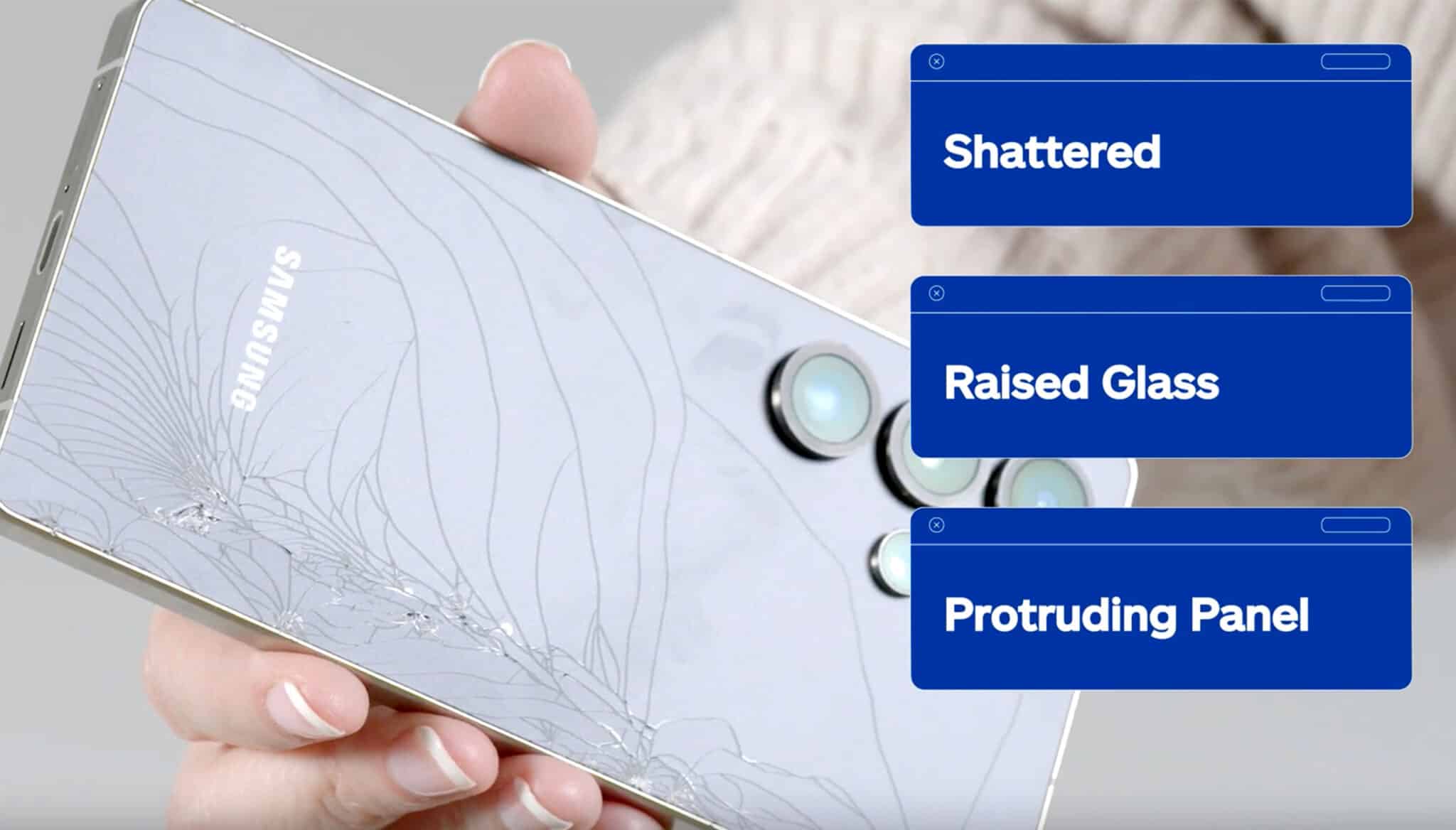Smartphones are an important part of our daily lives to help us stay connected to friends, family, coworkers, and the rest of the world. Unsurprisingly, according to Statistica nearly 84% of the world’s population owns a smartphone.
In technical terms, a smartphone is a cellular device that runs off a mobile operating system. Simply put, it’s a portable mini-computer that combines a mobile telephone and a computer into one.
Smartphones are equipped with microprocessors to ensure they run smoothly. A microprocessor is the “brain” of a computer, responsible for processing data logic and control. These data processors mean you can access more than one application or function at the same time with minimal lag.
Smartphones have highly advanced features that can:
- Play audio
- Surf the web
- Take photos
- Record videos
- Send emails
- Give directions
- Access social networks
Meanwhile, the touchscreen allows users to give commands and interact with thousands of smartphone apps.
Features of a Smartphone
Some of the key features of a smartphone include:
Internet Connection: The ability to connect to the internet means you can surf the web, send and receive emails, post on social media, and more.
Digital Camera: Smartphones come with built-in digital cameras on the front and rear for taking photos. You can also use your smartphone camera for other things like videos, live streaming, and even image search.
Clear Display: Smartphones are as much about communication as they are about enjoying media. Their crystal-clear touchscreen displays mean you can watch movies, play games, view pictures, and more.
Other smartphone features include:
- Fingerprint sensor that saves you time when unlocking your phone
- Massive storage capabilities with some phones like the Samsung Galaxy S10+ and the OnePlus 10 offering up to 1TB ROM capacity
- External memory card slot
- Ability to connect to computers via a USB cable
- Support for accessories like Bluetooth headphones, power charging cables, extra speakers, and more
Different Types of Smartphones
The most popular types of smartphones are iPhone and Android. Here’s a deeper look into each:
Android Phones Contain the Leading Mobile Operating System
Android is the leading mobile operating system (OS) in the world, with a market share of nearly 70%. The OS is based on the Linux kernel and was acquired by Google in 2005.
Google designed Android phones to integrate seamlessly with Google products like Gmail, Google Search, and Google Drive. While they come with various preloaded apps, users can access more apps via the Google Play Store.
Many different smartphone brands use Android OS, but Samsung Galaxy and Google Pixel seem at the top of their game.
For example, the Samsung Galaxy S22 Ultra comes with an inbuilt S-Pen to ensure you get things done quickly. It offers several camera upgrades, a super bright display, and faster charging in a sleek design.
Meanwhile, the Google Pixel 6 features a fresh design, significant camera upgrades, and a first-generation Tensor chip in a sleek body.
iPhones Are One of Apple’s Prized Products
The iPhone is one of the leading Apple products which has revolutionized how we interact with computers and communicate with one another for over four decades.
iPhones are powered by Apple’s iOS and comes preloaded with apps like Facetime, Safari, iTunes Store, and Siri. Siri functions as a personal assistant, reminding you of appointments and even playing your favorite songs by voice command.
Google maps, Gmail, and other Google apps are also available on an iPhone. Plus, you can access thousands of other apps on Apple’s App store.
Apple just released the latest iPhone, the iPhone 14 and 14 Plus. It features an enhanced camera that takes fantastic photos even in low light, a ceramic shield, and loads of customizable features.
But perhaps the most interesting updates are the new safety features. For example, if you’re somewhere without service, you can still contact emergency services via satellite and the phone can even detect when you’ve been in a car crash and call 911 for you.
Elevate Your Connectivity With a Smartphone
Smartphones can replace many of the tools in your everyday routine and reduce the number of items you carry. Smartphones also offer customization options and security features to keep your data safe. When it comes down to it, your smartphone serves as a planning, working, entertainment, and communication tool. With benefits like these it’s no wonder why people love their smartphones as much as they do.






